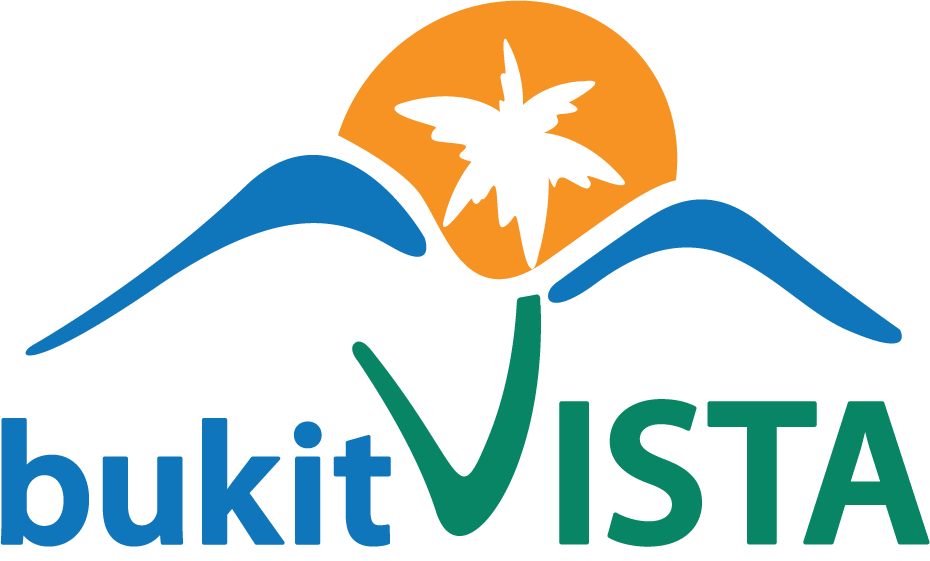As the PR of Bukit Vista, I, Dea Novita, recently participated in the Round Table Talk (RTT) held in Bali. Joined by Bukit Vista’s founder, Wayana, our Business Development Senior, Erica, as well as distinguished guests Lee Stephans and Nancy, the discussion revolved around key aspects of managing and growing a business in Bali Business Environment.
This article distills the insights from the session, focusing on practical strategies for overcoming common business challenges in Bali, ranging from contractual negotiations to future planning and risk management.
Table of Contents

Contractual and Negotiation Challenges in Bali Business Environment
During the RTT, Nancy pointed out the frequent negotiation pitfalls with local contractors. She stressed the importance of clear contractual agreements to avoid misunderstandings that could delay projects. The conversation highlighted instances where contractors did not meet the expected standards, necessitating robust contract clauses that specify work standards and timelines.

On the discussion, the important point to tackle the failness negotiation from client – contractors is to maintain a good relationship between parties. Lee and Wayana discussed the value of building strong relationships with contractors. Wayana emphasized trust and communication as foundational elements that facilitate smoother negotiations and project execution. Nancy also added the point by maintaining a pool of reliable contractors to ensure quality and accountability in all development projects.
Project Management and Oversight in Bali Business Environment
The discussion then falls on project management failness when the communication between parties had breakdown. Lee shared experiences where poor communication led to project delays and trust erosion. The group consensus was that proactive communication strategies, regular updates, and clear channels of communication are essential to keep all stakeholders aligned.

Wayana suggested the innovative idea of creating a dedicated WhatsApp group to enhance communication with builders over the course of a project. Erica, on the other hand,suggested formalizing all communications and responsibilities. Implementing structured project management tools and regular reporting mechanisms were advised to enhance transparency and accountability in project oversight.
Along with Erica, Nancy said fruitful idea to documented every communication process of the project. This strategy is aimed at fostering transparency and ensuring that all parties are consistently aligned, which is crucial for the timely and successful completion of construction projects.
Operational Procedures and Challenges in Bali Business Environment
Move along with the dinner, the group discussed mainly on the operational inefficiencies in management. Wayana pointed out specific challenges in supervising cleaning and maintenance tasks that directly impact guest satisfaction. Strategies such as detailed checklists and regular inspections were implemented to ensure operational standards are consistently met.
On the other side, Erica championed the importance of continuous improvement through feedback. She advocated for setting up systems to actively gather and respond to feedback, which would help identify areas for improvement and implement changes effectively.

During the session, Lee expressed concerns about the persistent cleanliness issues observed at one of the Bukit Vista’s property. According to Stephans, despite frequent visits to the villa, he noticed that waste and debris were not being promptly or effectively managed.
Erica and Wayana discussed the implementation of a structured process to react to Lee’s feedback effectively, which is essential for refining operations and maintaining client satisfaction. They plan to set up digital platforms for feedback collection and analysis, via Hubspot, ensuring that every piece of feedback is evaluated and responded to in a timely manner.
Financial Management in Bali Business Environment
As the night goes by, Lee and Wayana extensively discussed the crucial aspect of managing budgets and unexpected expenses that often accompany large projects. They emphasized the importance of financial transparency to foster trust among stakeholders. By openly sharing budget forecasts and financial statements, they ensure that all parties are aware of where money is being spent and why.
In the discussion, Erica detailed a structured approach to managing financial interactions and payments within the operational framework of their business. She explained the importance of establishing a clear, transparent payment structure that ensures all parties are aware of their financial responsibilities. Erica proposed a scheme where updates on smaller, urgent expenses are communicated regularly, ensuring that even minor expenditures are accounted for and approved to maintain transparency and control over the budget.
She suggested that for significant or unexpected expenses that exceed the predefined budgetary limits, a more formal approval process should be in place. This process involves notifying and getting consent from higher management to ensure that all expenditures are justified and aligned with the project’s financial goals.
Erica emphasized that this structured approach to financial management helps in maintaining a steady cash flow, prevents budget overruns, and builds trust among stakeholders by keeping them informed and involved in the financial aspects of the project.
Legal and Regulatory Compliance in Bali Business Environment
The topic then move to adhering to local regulations, with Nancy sharing insights on the complexities of the Balinese legal landscape. She stressed the importance of compliance to prevent legal issues that could impact business operations.
As the results, the complexities of managing legal status for foreign stakeholders, such as PT PMA (Foreign Investment Limited Liability Company) and KITAS (Temporary Stay Permit) holders in Bali, were thoroughly discussed.
They emphasize the importance of understanding the distinct legal frameworks that apply to foreign investors and expatriates. For PT PMA holders, they discuss the benefits of setting up a company under this structure, which allows for property ownership and broader operational capabilities in Indonesia, albeit with a greater financial and administrative overhead.
They also touch on the advantages of having a KITAS, which simplifies certain legal and business operations by providing a clearer pathway to residency and the ability to open local bank accounts, thereby facilitating easier business transactions and tax payments.
Erica, drawing from her experiences, recommends that foreign stakeholders ensure their operations are fully compliant with Indonesian laws to avoid potential legal pitfalls. She suggests engaging with local consultants or legal advisors to navigate the intricate legal landscape effectively, ensuring that all business activities are above board and aligned with local regulations.
Future Planning and Risk Managementin Bali Business Environment
Risk assessment is another critical topic that Erica and her team regularly address. Identifying potential operational risks before they become problematic is key to maintaining a smooth workflow and safeguarding the company’s assets. They discuss various strategies to mitigate these risks, such as implementing robust monitoring systems and establishing clear protocols for risk management.
Conslusion
The RTT provided invaluable insights into the multifaceted aspects of managing a business in Bali. It is the collaboration of critical importance of clear communication, both internally and with external stakeholders; the need for stringent project management practices; and the importance of legal and financial compliance. Our Round Table Talk discussions underscored the necessity of strategic planning and risk management to navigate the complexities of Bali’s business environment. This gathering not only highlighted the challenges but also the strategies that can lead to successful business operations in this unique market.
Are you a developer or investor passionate about the hospitality industry in Bali? We invite you to join our next Round Table Talk. This is your opportunity to connect with industry leaders, share insights, and collaborate on innovative solutions to drive the future of Bali’s business community. Contact us today to secure your place at the next RTT and start making a difference in the Bali business community.

